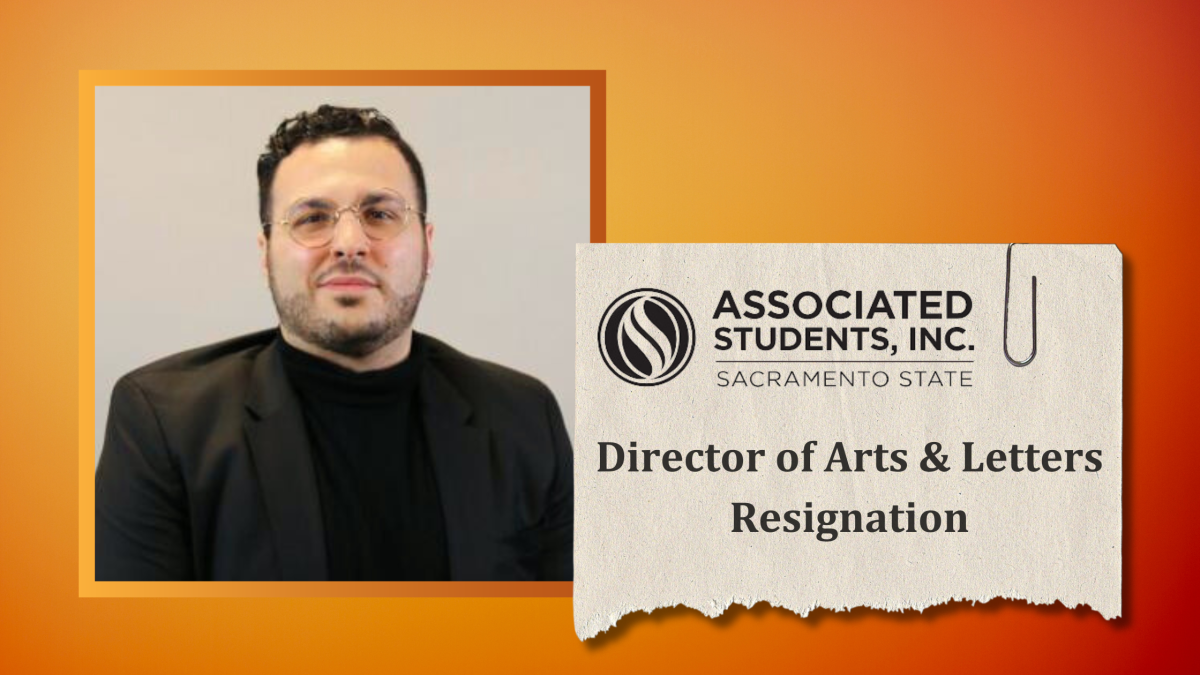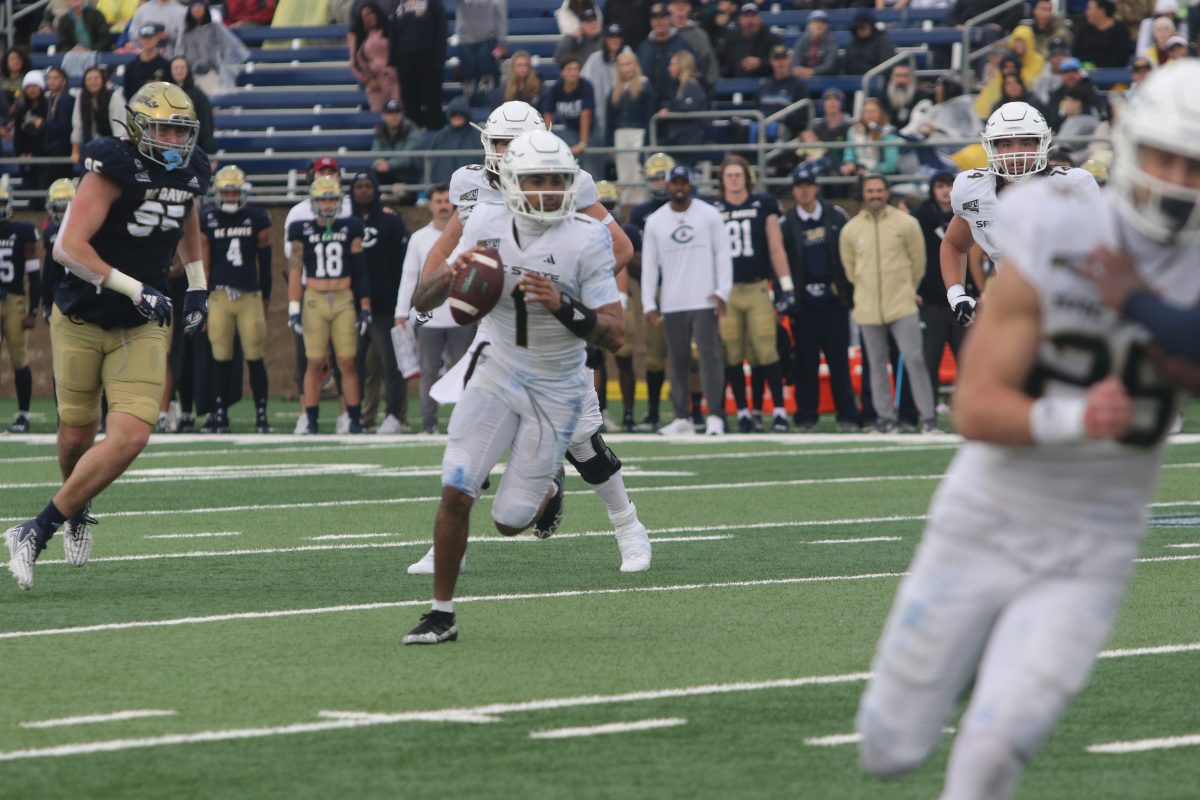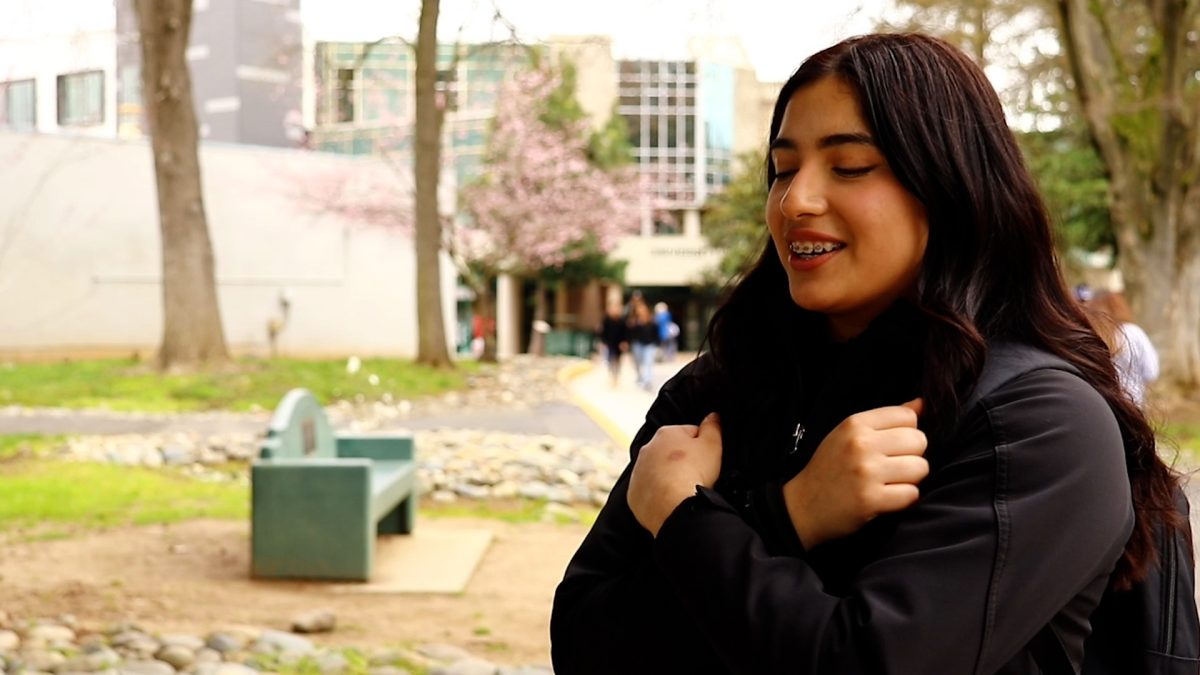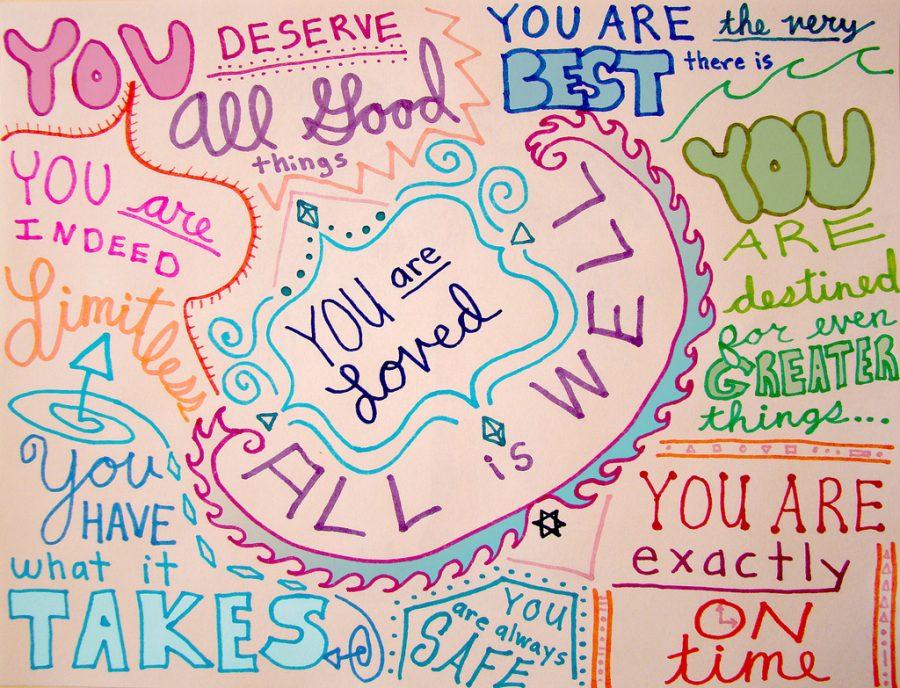Social media sites like Facebook, Instagram and Twitter have changed the way people see themselves, and the momentum is not slowing.
What started out as a method for friends and family to stay in touch across long distances has evolved into a social phenomenon that allows users of all ages, locations and backgrounds to communicate and share about their daily lives.
Sacramento State sociology professor Amara Miller provided insight on how the content and the methods in which users absorb this information can affect the way they see themselves.
“I think with this in mind, the question becomes not how does it affect us, but how can we consciously craft our social media use to ensure that (it) has a more positive impact on us, allowing us to feel empowered, informed and confident,” said Miller.
Miller wrote her dissertation on the body positivity movement in yoga and said that her research found that members of certain communities were able become empowered. She said they felt “represented, visible and listened to.”
She gave the example of a yogi becoming more confident and empowered through Instagram after seeing images of another practitioner with a similar body.
“Fitspiration photos — think ‘strong is the new skinny’ images — actually have a similar negative effect on a viewer’s self-esteem, confidence and motivation that conventional magazine photos of thin models have,” Miller said.
The difference between use and abuse of a tool depends on the individual, said Miller.
“As with all tools, people need to understand both the advantages and disadvantages — and use it accordingly,” Miller said. “(The photos) can be a tool in our own oppression just as (they) can be a powerful tool for our liberation.”
The issue of body positivity is one that has been prevalent for a long time, and because most celebrities now use social media, some fans aspire to be like the actors, athletes and public figures that they follow.
Humanities major Hannah Dickenson spoke about how celebrities use social media and how it affects their audiences.
“It’s tough because most of the celebrities that post about (body positivity) are already skinny and have the ‘ideal’ body,” Dickenson said. “It’s kind of annoying seeing the few plus-size models and celebrities we have being either over-sexualized or end up losing all their weight and suddenly, ‘Who knew they were so hot?’ Literally everyone.”
Dickenson said that celebrities’ followers then feel pressured when they see these unattainable images.
“I definitely look at myself and see at least 10 ways I could — and should change my body,” she said. “But sometimes I think, ‘wait. Why do I need to?’”
While Dickenson acknowledged the challenge of finding the right balance between these platforms, she said that there are positive outcomes like the no-makeup trend some celebrities have been promoting.
“Weight is such a controversial thing in society that it’s impossible to win,” Dickenson said.
Government-international relations major Linsey Brizuela expressed concerns about men being pressured to obtain the ideal masculine body.
Brizuela cited specific traits like being tall, having a chiseled jaw and abs as what many young men can find extremely daunting. She also commented on the unequal standard men have to live up to in comparison to women.
“Men are not expected to cry or be too emotionally invested because they’re expected to ‘man up’ and ‘grow a pair,’ ” Linsey said.
Brizuela said that if she were a celebrity, she would use social media to convince people to accept and love some of their characteristics they feel insecure about to help them feel empowered.
“I would take a picture of myself and say ‘Hey I don’t have abs and I don’t have a thigh gap. I also have some blemishes on my face and my skin can be oily. My hair can be frizzy too but it’s OK: I love my body and this is how I look,’ ” she said.
Even though most celebrities and public figures are wealthy, famous and popular, some are still subject to hate and discrimination.
“At the end of the day we all know a nude picture gets the higher like/comment ratio than a body positive message,” gerontology major Chelsea West said in a text message. “Celebrities who do spread (body positivity) are not in the wrong, but I think a warped self image/self acceptance should be addressed.”
Jenna Matyac, a recreation, parks and tourism administration major, spoke about the fine line between the right and wrong way to use social media.
“I think the wrong way of using social media is (when it is) physically or mentally harming others,” Matyac said. She also discussed how media and stores like Victoria’s Secret “always (promote) the really skinny body type that is on the verge of being unhealthy.”
Daria Quintero, a fourth-year criminal justice student, described an incident she witnessed on Instagram in which celebrity Amber Rose posted a photo of herself in a bathing suit. Quintero said the former model received backlash from users who said she was “showing off.”
“Some people are on (social media) just for attention,” Quintero said, who added that if she were a celebrity, she would use social media to influence her followers to love themselves.
Also check out our five tips on ways you can love your body.































































































































